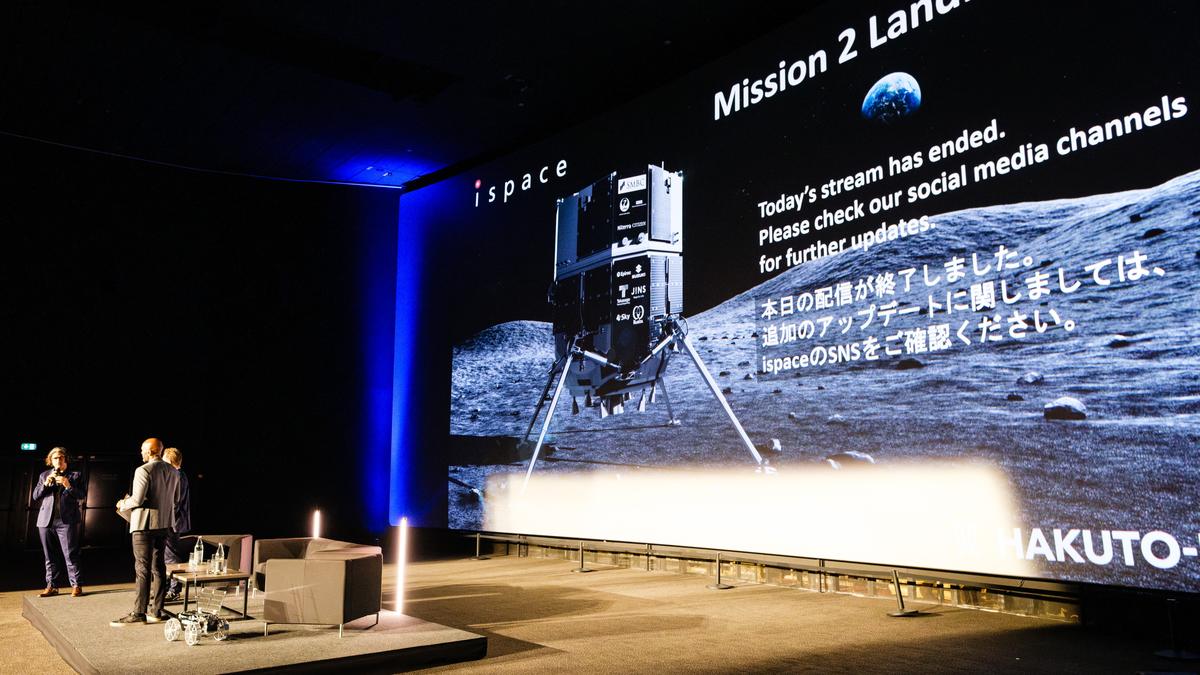Japanese company Ispace on Thursday attempted to land a Luxembourg-designed and built rover on the Moon to collect lunar rock but lost connection with its space craft.
The rover was launched into space aboard the Falcon 9 rocket out of Florida on 15 January and was supposed to land on the Moon late on Thursday evening, central European time.
The mission – in addition to scientific goals – would have tested Luxembourg space law, which regulates ownership of resources mined in space. The 5kg digger was supposed to scoop up lunar dirt weighing about the equivalent of two bananas, with Ispace then due to sell the material to Nasa for $5,000 (€4,400) as the owner of the substance.
Also read:From finance hub to space pioneer: Luxembourg’s €346-per-resident investment in the cosmos
Luxembourg was the second country in the world, behind the US, to adopt space resources laws, with effort underway to develop international rules at UN level.
A livestream of the landing showed the company losing contact with the spacecraft and ended without contact having been re-established. Ispace in a social media post after 23:00 said it had “not been able to establish communication” but that mission control continues to “to work to contact the lander.”
A press conference was scheduled for 9:00 Japan time.
Guests at the ESA-LSA celebration © Photo credit: Laurent Sturm
Minister of the Economy Lex Delles at the anniversary event that also streamed the lunar rover landing © Photo credit: Laurent Sturm
Guests at Thursday’s event watched live as Ispace attempted to land on the Moon © Photo credit: Laurent Sturm
A lunar rover like this one was supposed to land on the Moon on Thursday © Photo credit: Laurent Sturm
The event also included a panel discussion on space flight © Photo credit: © Laurent Sturm, all
Thursday’s attempt marked the second time Ispace tried to land on the Moon after an April 2023 mission saw the lander run out of fuel 5km above the Moon’s surface.
Luxembourg followed Thursday’s landing via live stream at the Kinepolis cinema complex in Kirchberg, where Minister of the Economy Lex Delles and officials of the European and Luxembourg space agencies had gathered to celebrate 20 years since the Grand Duchy joined the ESA.
“It’s a very emotional moment,” said LSA chief Marc Serres at the start of the evening. “There is a lot of excitement but also a lot of tension.” A guest at the event described the mood as low after connectivity with the lander was lost.
